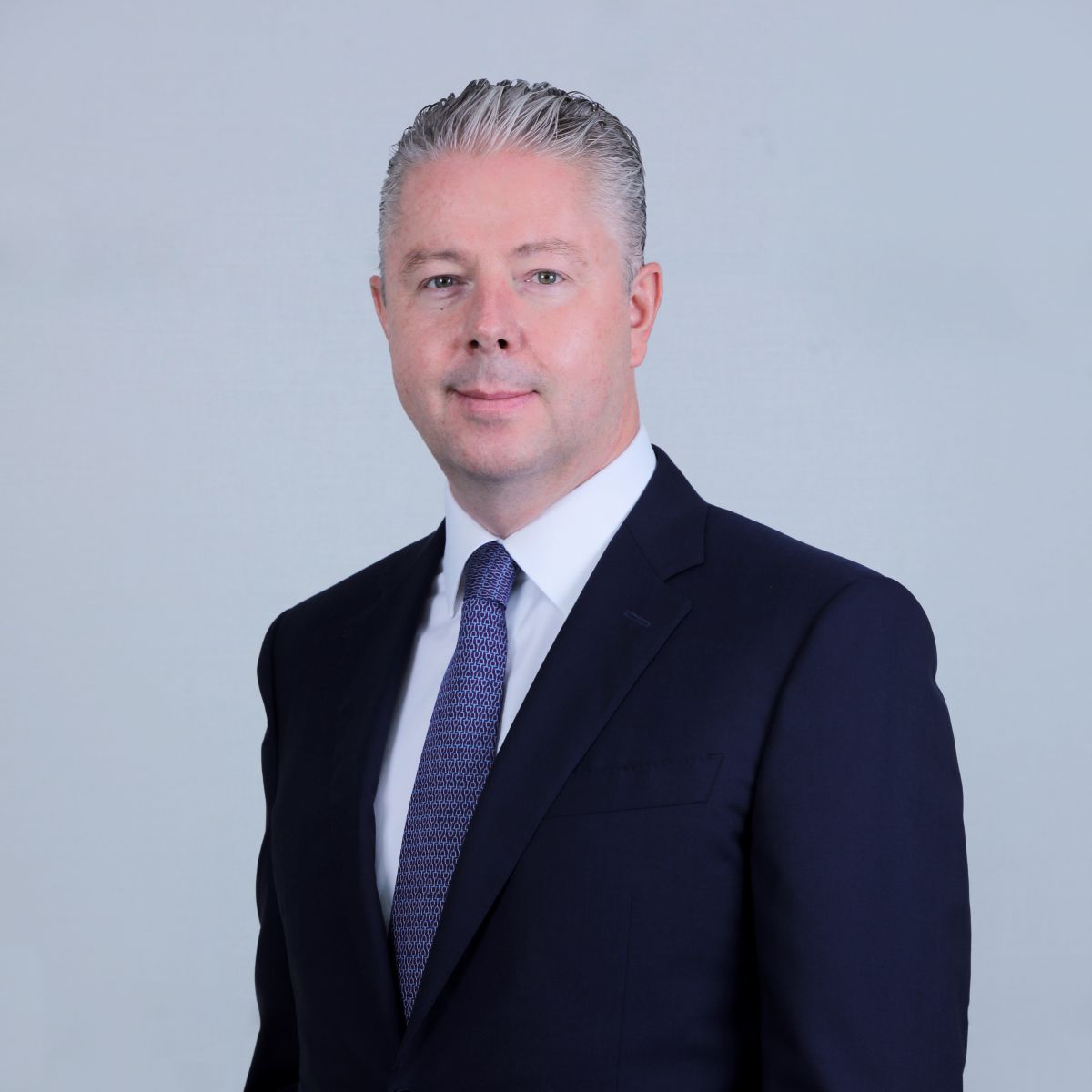Company Profiles
Deutsche Bank Sees Middle East, Africa Opportunities

This news service recently interviewed the bank about which jurisdictions in the MEA region it is bullish about, where it wants to gain more traction, and how it can contain risk exposures while also providing balance sheet capability to UHNW clients with complex needs.
Deutsche Bank,
which has formed a new international private banking arm, is
upbeat about its Middle East and Africa business franchise,
stressing its prowess in managing credit and related solutions
for ultra-wealthy clients.
The Frankfurt-listed lender regards jurisdictions such as Saudi
Arabia, the United Arab Emirates, Qatar and Nigeria as strong
growth prospects, and wants to get more traction in Bahrain,
Egypt, Kuwait, Oman and Jordan.
That’s the take from Loïc Voide, recently appointed as co-CEO for
Middle East and Africa and head of the international private
bank, MEA. Voide is based in Dubai.
“Our brand really shines in the region. We want to be a
pre-eminent European bank for families and businesses in the
region,” Voide told WealthBriefing. “Our focus is on the
UHNW [segment].”
Voide heads a big chunk of the business – it has more than 100
wealth management staff providing banking services to clients in
the Middle East and Africa, supported by specialists in London,
Geneva, Singapore and Mumbai.
“We want to allocate the right resources to the right places…. We
have fantastic lending capabilities,” he said. Voide said
Deutsche retains a significant investment banking business, with
a strong credit and lending facility which clients wanted. He
also referred to the bank’s work on conventional bonds in
addition to Shariah-structured bonds (Sukuk) and other financial
instruments. For example, Deutsche Bank recently led regional
sovereign issuances for Qatar, Abu Dhabi and Egypt.
Talk of investment banking raises the point that many
international lenders have trimmed credit risk exposures years,
which Deutsche has also had to do so. Enabling UHNW clients to
obtain access to a balance sheet remains an important business
proposition alongside other, less capital-intensive offerings.
Achieving the right balance is tricky – if balance sheet
availability shrinks too far, clients might go elsewhere.
The lender may give more steer on such issues on 28 October when
it issues third-quarter financial results. In its Q2 figures,
Deutsche reported a pre-tax profit of €158 million ($185.6
million), swinging back into profit after suffering a comparable
loss of €946 million a year earlier. The bank said restructuring
efforts were bearing fruit. And in recent months Deutsche Bank
has banged the drum about its scale, making a number of senior
hires and building
its international private banking arm. The firm has been
through tough times over the past decade. The biggest bank in the
eurozone’s largest economy has seen a number of C-suite figures
come and go. It is cutting investment banking risk exposure and
adding 300 client-facing wealth management professionals up to
2021.
Deutsche’s wealth management business in the Middle East and
Africa has grown in terms of headcount by about 30 per cent over
the past three years, mostly in the bank’s regional hub located
in the Dubai International Financial Centre.
Voide brings plenty of experience to this story, with 30 years of
work under his belt. He began his career as a bank apprentice
with the Swiss Bank Corporation (now UBS) in 1990. He spent 15
years at UBS, and has also worked at Credit Suisse. He has worked
at a family office for a Saudi family, with the family
office based in Geneva - experience that was useful for his
role in the Gulf. Joining in 2015, Voide has worked for Deutsche
Bank for almost six years, based in Geneva before moving to Dubai
in September. He comes from the French-speaking side of
Switzerland.
Finally, the inevitable COVID-19 question. Asked about the
pandemic, Voide said the virus has created challenges where
loan-to-value ratios on property loans are high. However, there
are plenty of conversations with clients on these and other
concerns.
“We are in continuous dialogue with our clients in the region
providing them with innovative solutions that suit their
financial and wealth management needs during this global
pandemic,” he added.